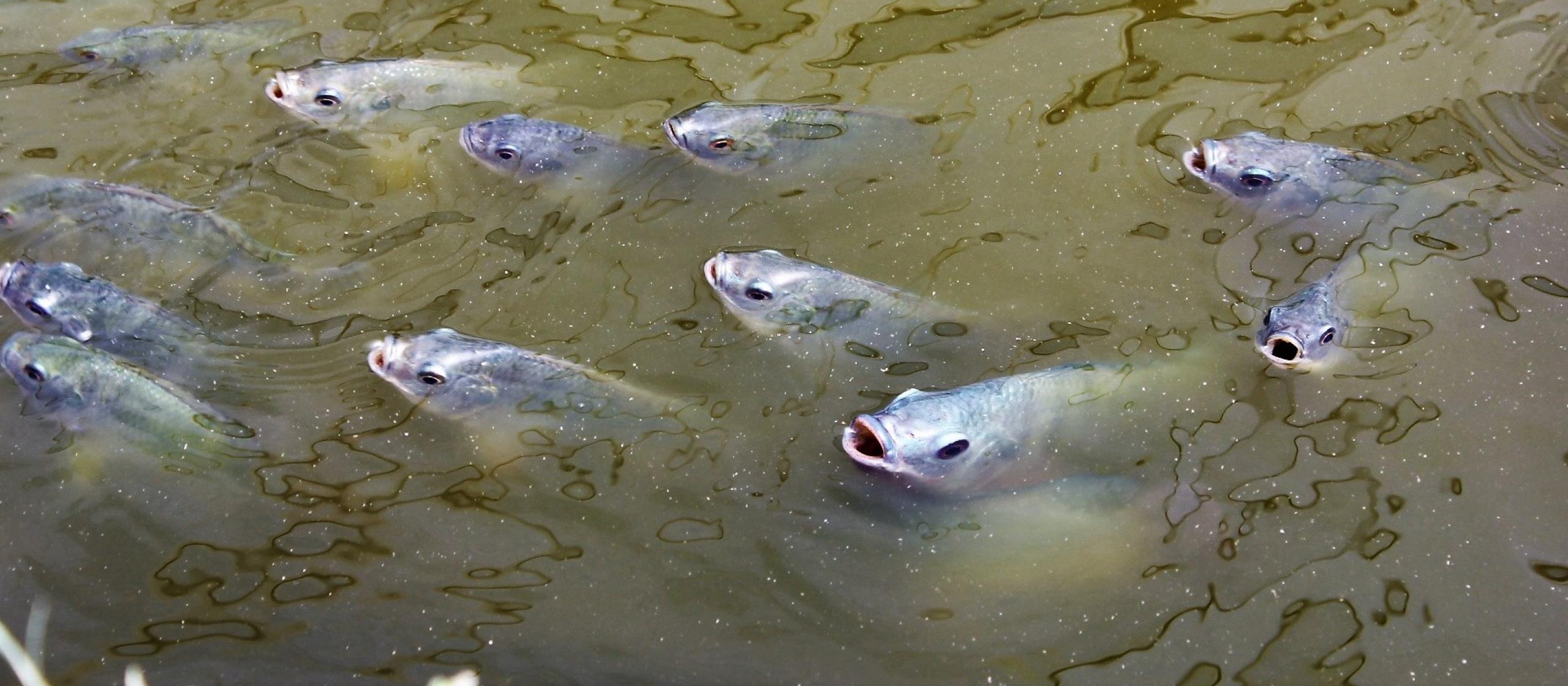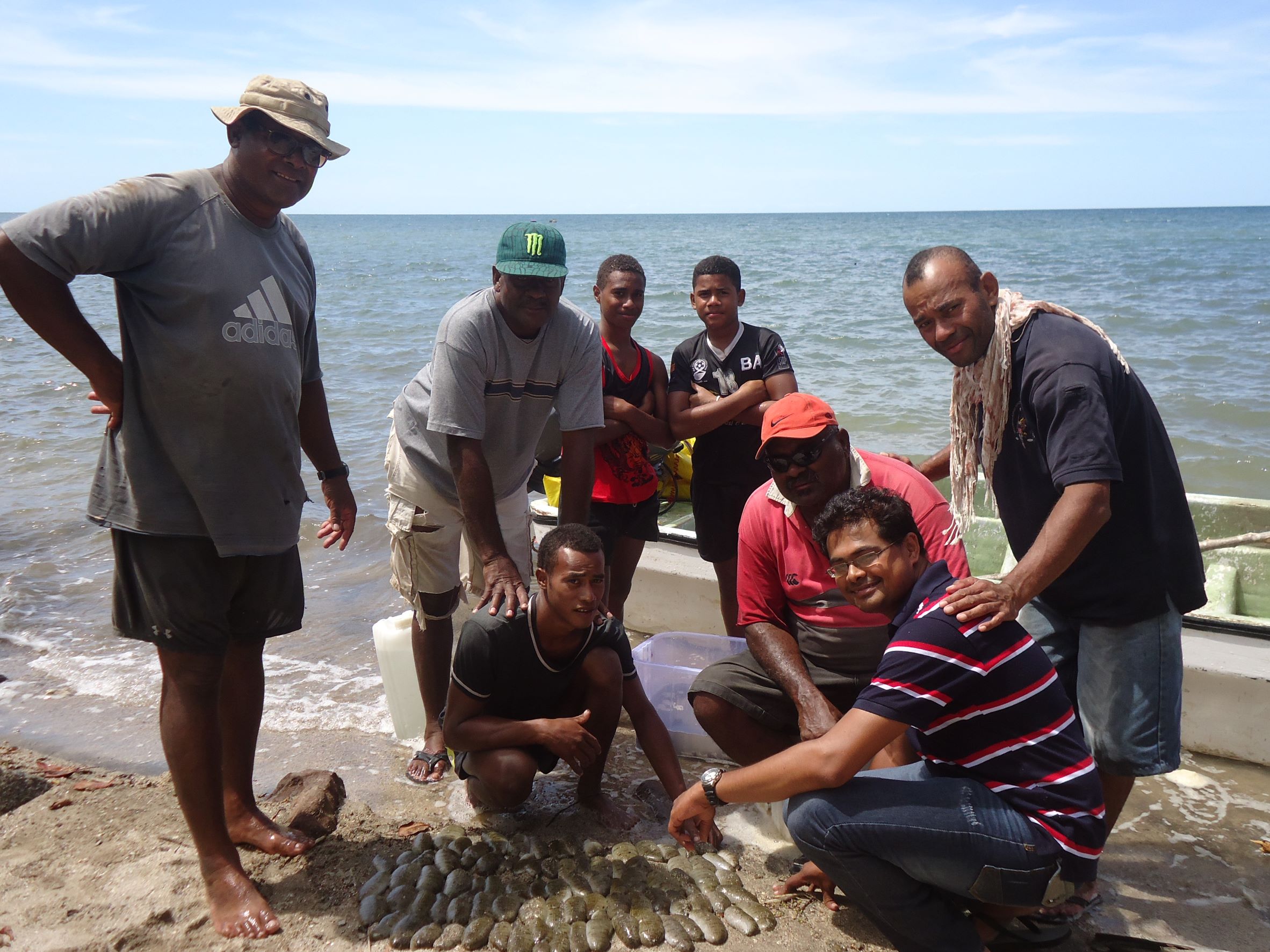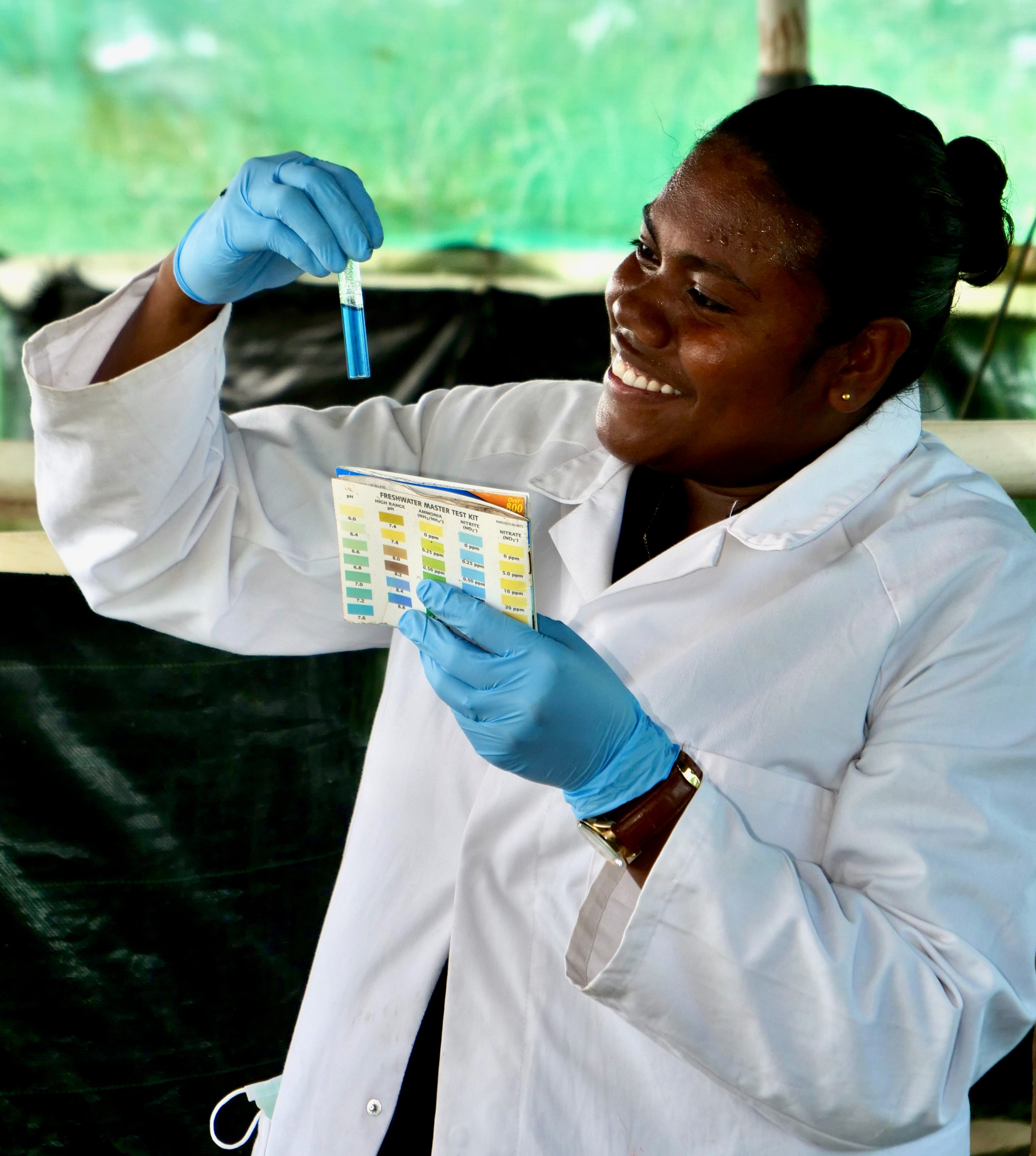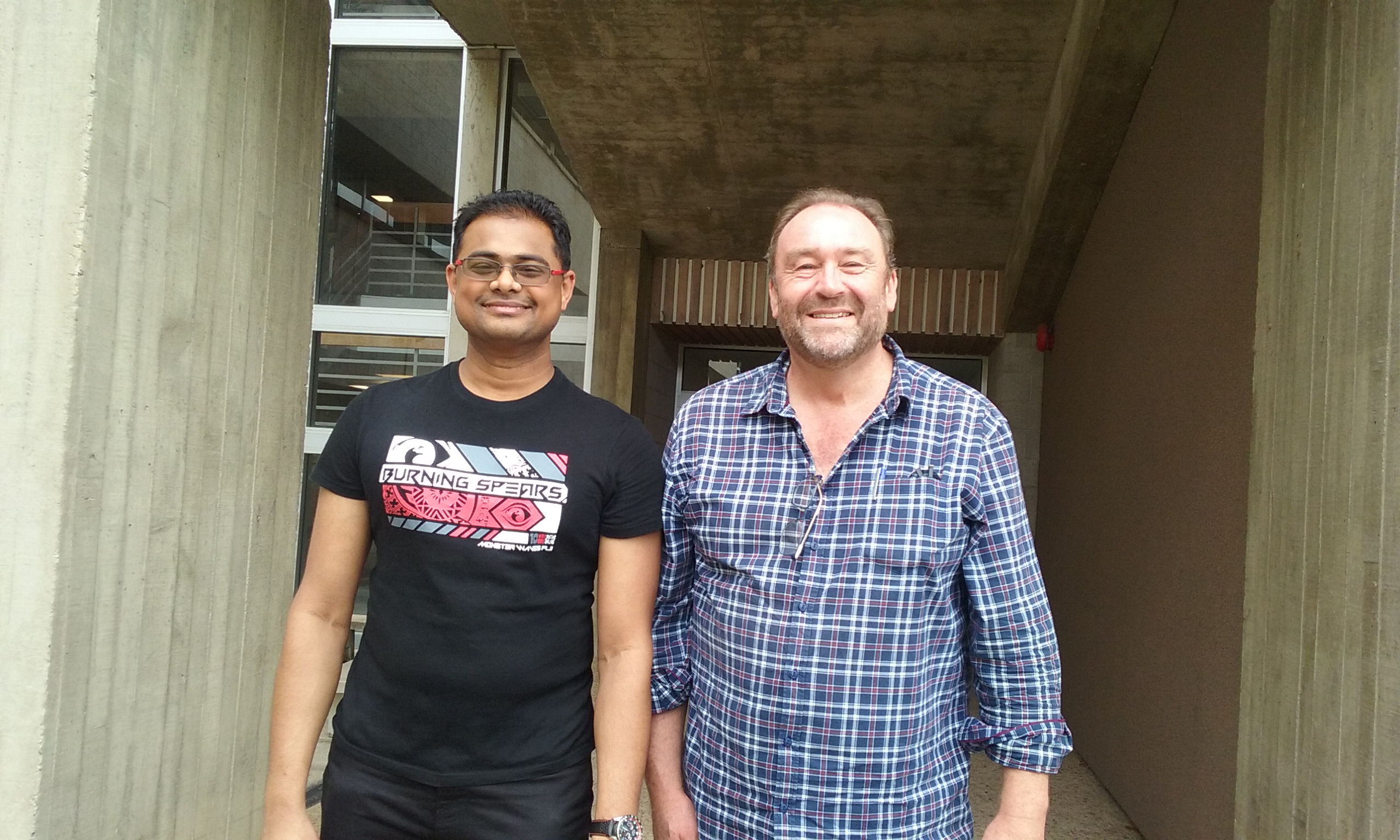- HomeHome
-
About ACIAR
- Our work
- Our people
-
Corporate information
- ACIAR Audit Committee
- Commission for International Agricultural Research
- Policy Advisory Council
- Agency reviews
- Executive remuneration disclosure
- Freedom of information (FOI)
- Gifts and benefits register
- Information publication scheme
- List of new agency files
- Contracts
- Legal services expenditure
- Privacy impact assessment register
- Commonwealth Child Safe Framework
- Benefits to Australia
- Careers
- 40 years of ACIAR
-
What we do
- Programs
- Cross-cutting areas
- Resources
- Where we work
-
Funding
- Research projects
- Fellowships
-
Scholarships
- John Allwright FellowshipScholarships to study in Australia for ACIAR partner country scientists to have Australian postgraduate qualifications
- ACIAR Pacific Agriculture Scholarships and Support and Climate Resilience Program
- Alumni Research Support Facility
- Publications
- News and Outreach
Date released
22 July 2021
New research will soon get underway on the impact of COVID-19 on tilapia fish and local pearl farming in Fiji.
This is welcome news for Fijians in remote coastal areas, many of whom are dependent on the sector for their livelihoods.
The collapse of international tourism continues to wreak havoc on Fiji's economy, and the second wave of COVID-19 is contributing to the rapid rise of unemployment.
Alumni Research Support Facility
To help support countries in the region address growing food security and loss of livelihoods, ACIAR announced an Alumni Research Support Facility (ARSF) grant in April 2020 as a swift response to the COVID-19 pandemic. The ARSF enables research projects that build resilience and respond to the pandemic's challenges to agriculture systems in ACIAR partner countries.
The ARSF grant now enables Fiji's Dr Ravinesh Ram to carry out timely research on the impacts of the pandemic and will go a long way to help the island nation prepare for future shocks.
Dr Ram currently heads the Fiji National University's Department of Fisheries at the School of Animal and Veterinary Science.
'COVID-19 has impacted Fiji's economy, people's daily activities, employment, and wider international trade and tourism. People have lost jobs and are looking at alternatives to feed their families. Pearl and tilapia farmers have been no exception as well', he said.
Dr Ram further explained that the abrupt halt in tourism has affected the hotel industry and communities who rely on the sales of local handicraft items, including pearl handicrafts.
'I chose this topic not only to investigate the impact of the pandemic on these sectors but also to find strategies to overcome the impacts of any future pandemics on Fiji's aquaculture sector'.
'Aquaculture is still a growing industry in Fiji. Tilapia species have been introduced in several Pacific countries at different times and for different purposes in the last 50 years. Tilapia is generally considered an easy species to culture and a good source of protein for protein-deficient inland communities', he added.
Tilapia farming in Fiji
The introduction of tilapia into Fiji has been welcomed by Fijians in remote areas and government, because of its contribution to rural development.
Similarly, the Fiji pearl industry is a rapidly growing and is a promising aquaculture commodity which can be easily implemented through project support in local coastal communities. Handicraft and jewellery production are also providing an additional income for Fijians.
Dr Ram added that when Fijians lost their jobs in the hospitality sector, there was widespread closure of retail shops such as handicrafts, clothing, and small gift shops, thus further affecting employment. Apart from reduced demand for handicrafts, the tourism downturn also severely affected the incomes of aquaculture farmers because of reduced demand for fish from hotels and resorts.
Assessing impacts of COVID-19
'We are working on providing important baseline data such as the impacts of COVID-19 on the pearl and tilapia farmers based on zero tourism, status of farmers currently active during the pandemic, assessing production, sales and incomes within the tilapia and pearl-livelihoods sectors within Fiji', he added.
The research will also gather data on how the livelihoods of women who are involved in the two sectors have been impacted.
Dr Ram, a former ACIAR John Allwright Fellow, said the research team will continue with their baseline survey with pearl and tilapia farmers, and are planning to achieve findings through this year.
'We are just at the early stages of this research, but there is high untapped potential in these sectors that can support food security issues. Pearl oyster tissue and farmed tilapia fish can be a potential source of food for the people in need as this will be readily available in fresh or processed form of food during this pandemic', he added.
'While face-to-face interviews have been delayed due to social distancing measures brought on by the pandemic, our initial findings indicate that most tilapia farmers have shifted from aquaculture to agriculture’.
'As the demand has decreased from hotels and the tilapia farmers have less income and resources to manage their farms, they have started planting easy root crops such as dalo, cassava and fast-growing vegetables to sell at local markets so that they can sustain their livelihoods', he said.
Addressing food security and building resilience
Research co-collaborator Professor Paul Southgate, from the University of the Sunshine Coast stresses the study on the two sectors is timely.
'Understanding the impacts of COVID-19 on the two value-chains of tilapia and local pearl farms is very important. Tilapia aquaculture addresses important food security for Fiji because the culture of tilapia will become increasingly important as marine resources exploitation is increasing', he said.
Professor Southgate added that the growing half-pearl and pearl handicraft livelihoods sector now benefits many communities across Fiji.
'However, it is reliant on tourists as the main market. Understanding the impacts of pandemics on both sectors will allow us to identify vulnerabilities and strengths that can be targeted to build resilience into these sectors', he added.
ACIAR Research Program Manager for Fisheries, Professor Ann Fleming, added that the findings of this research would assist producers and commercial entities along the value chain identify business models that are more adaptive and resilient to major disruptions to market access, such as in times of pandemics.
Each ARSF project involves fostering a partnership between an Australian collaborator and an ACIAR alumni. The focus is on building the research team's research capacity and provide mentorship and guidance online, where needed.
‘Through the ARSF program, ACIAR has been able to continue investing in global research collaboration, and scientific and policy capacity building activities, in a way that directly addresses the challenges posed by the COVID-19 pandemic', she added.
The ACIAR-supported research is being conducted at Fiji National University NU in collaboration with the University of the Sunshine Coast, The Pacific Community (SPC), and the University of the South Pacific.
Read more on the ARSF program here.
Key points
- Initial findings indicate that most tilapia farmers have shifted from aquaculture to agriculture.
- The abrupt half in tourism has affected the hotel industry and communities that rely on the sales of local handicraft items, including pearl handicrafts.
- Understanding the impacts on both sectors and their value chains help build resilience in the sectors and identify more adaptive business models.






